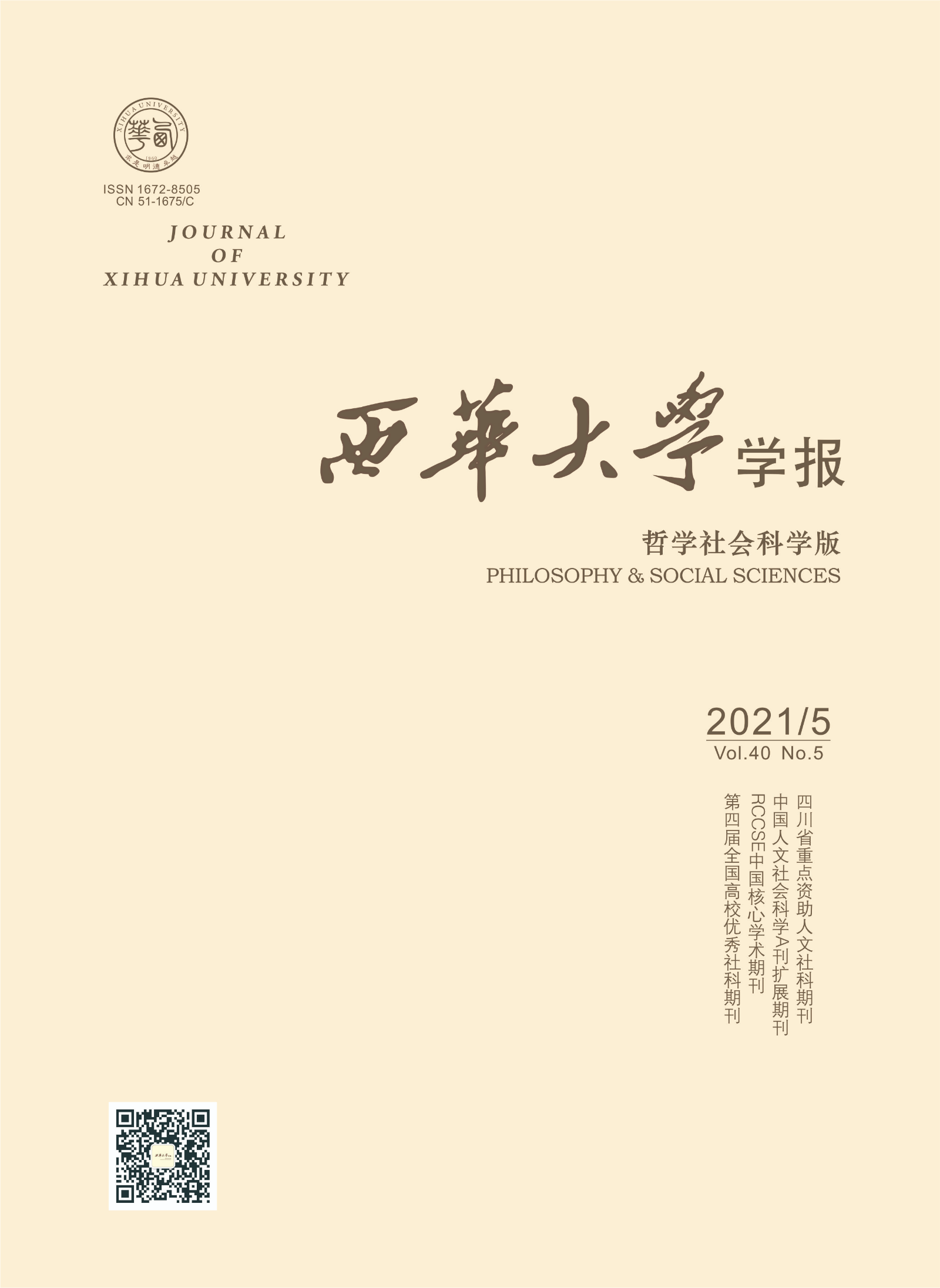In their academic article “Individual, Experience, Identity—Disaster Writing in the Context of the Epidemic,” Chinese literature scholars Wei Hong-shan and Chen Min critique recent poetry written in response to the COVID-19 pandemic and discuss the functions of disaster writing on representing individual and collective trauma. They criticize the excessive optimism and overuse of abstractions such as victory and heroism in COVID-19 poetry published on the Internet, listing the poem “Coronavirus (A Modern Poem)” as an example. In the lines “Actually, the virus is not that scary / In front of science it is only a clown” (qtd. in Wei and Chen), the poet downplays the severity of the virus using the metaphor of a clown, appealing to a sense of relief at the successful containment of the virus, but fails to address the feeling of helplessness and fragility of human life under the pandemic. The authors argue that literature that records collective memories of COVID-19 is necessary to re-establish a sense of safety and belonging for the public, especially after prolonged lockdown and isolation, and copious losses in families and communities.
The authors provide examples of disaster writing to show how poetry can embody genuine human experiences of grief and loss, such as Xie Xiangnan’s “Song of the Night,” (“夜歌”) written shortly after the 2008 Wenchuan Earthquake. Addressing the victims of the earthquake, Xie writes, “Let the bleak sky weep for you / Let the downpour drench these ruined buildings / Although this song in the dark of night / Is not as melodious as the nighttime rain / I hope you rest peacefully” (qtd. in Wei and Chen). This monologue from a survivor for the victims of the earthquake heightens the immediacy of loss by situating readers within the landscape and soundscape of the earthquake’s aftermath, interweaving feelings of sorrow into the imagery. The poem also mourns “you,” the victims, who were once part of a collective, and reflects how disaster destroys communities. Another feature of disaster poetry is the sense of being at a loss for words (“失語”), which the poet demonstrates in admitting that even the noise of the rain is more pleasant than the poem itself, showing the limits of language in conveying such sudden and tremendous loss of life and community.
This article observes inadequacies in the existing Chinese poetry on COVID-19 in representing the full extent of the human cost of the pandemic and emphasizes that the unprecedented lockdown and casualties during the pandemic are prime topics for disaster writing. Using poetry from previous disasters as examples, the authors argue that disaster writing should embody both individual and collective experiences of grief. The growth of disaster writing about the COVID-19 pandemic in China will enrich the diversity of pandemic narratives and serve as testaments to how people suffered during the pandemic.

Image Captions:
Cover image of Journal of Xihua University (Philosophy & Social Sciences), vol. 40, no. 5, May 2021.Citation: Wei, Hongshan and Min Chen. “Individual, Experience, Identity—Disaster Writing in the Context of the Epidemic.” Journal of Xihua University (Philosophy & Social Sciences), Sept. 2021, doi.10.12189/j.issn.1672 − 8505.2021.05.003. English translation by Law Hong Yin Louisa. NON-FICTION, SCHOLARLY ARTICLE | CHINA. ll
Source Type: Scholarship on COVID-19 Studies
Country: China
Date: 01-Sep-2021
Keywords: Collective Experience, Disaster Writing, Identity Construction, and Individual Trauma